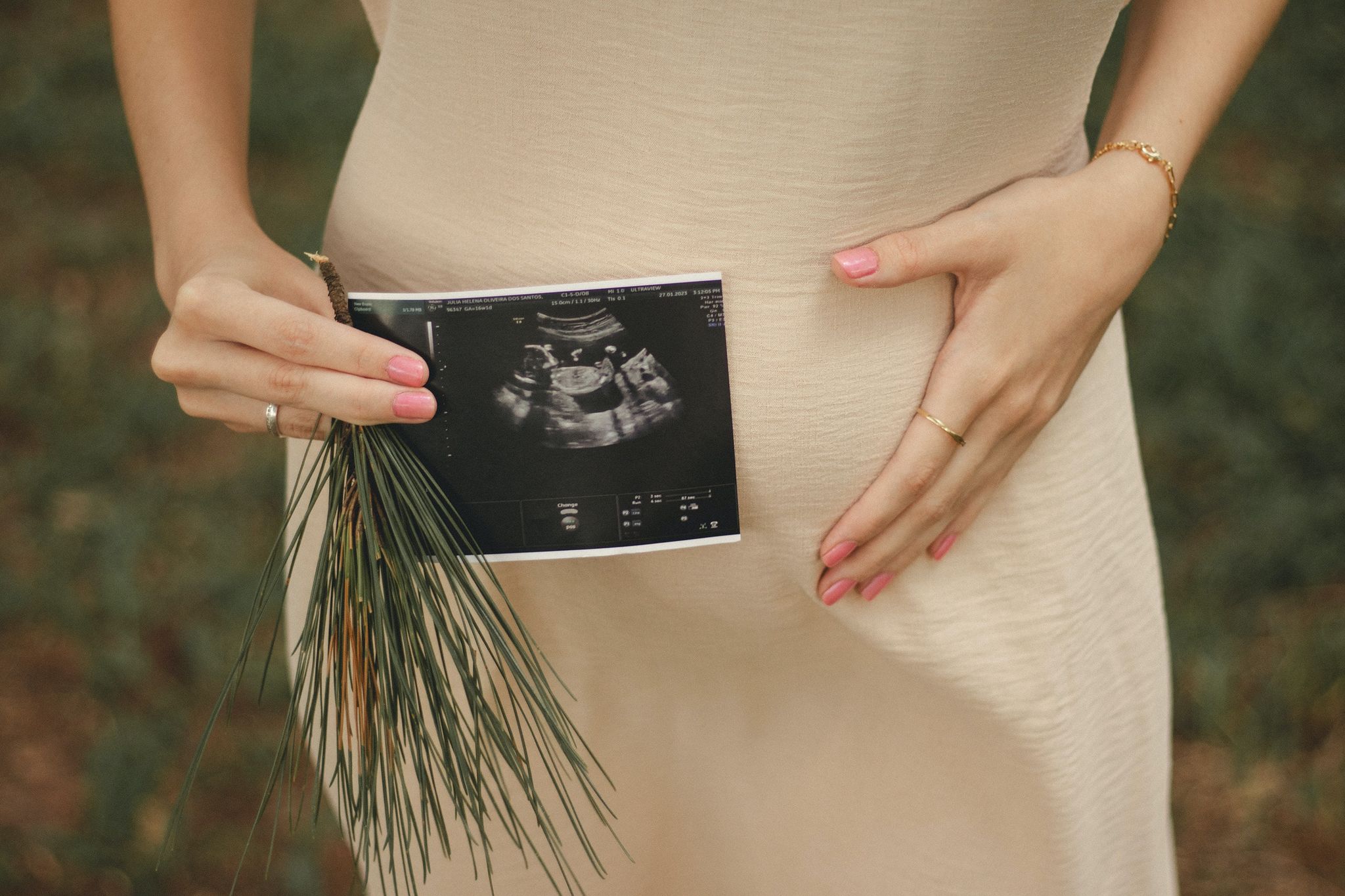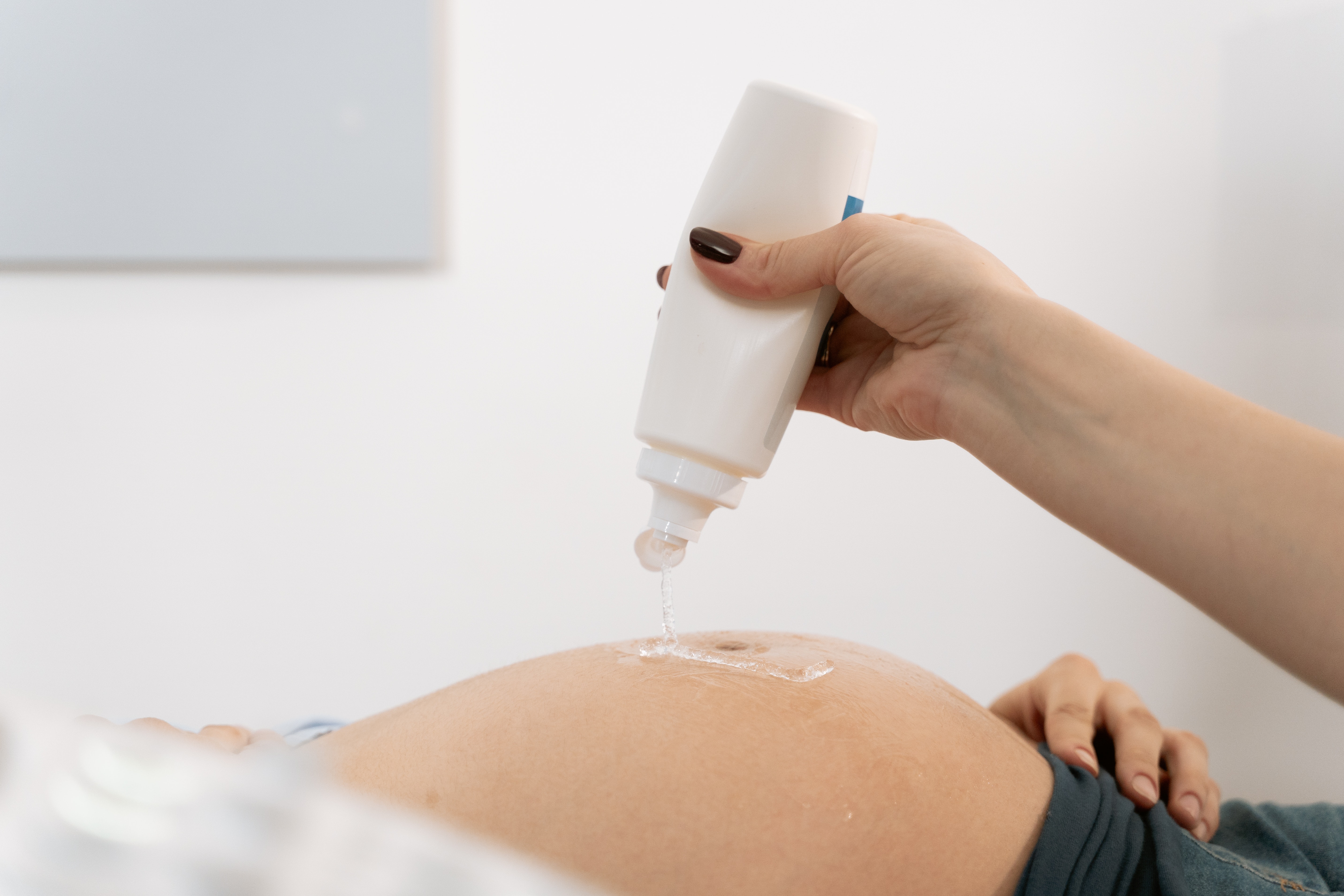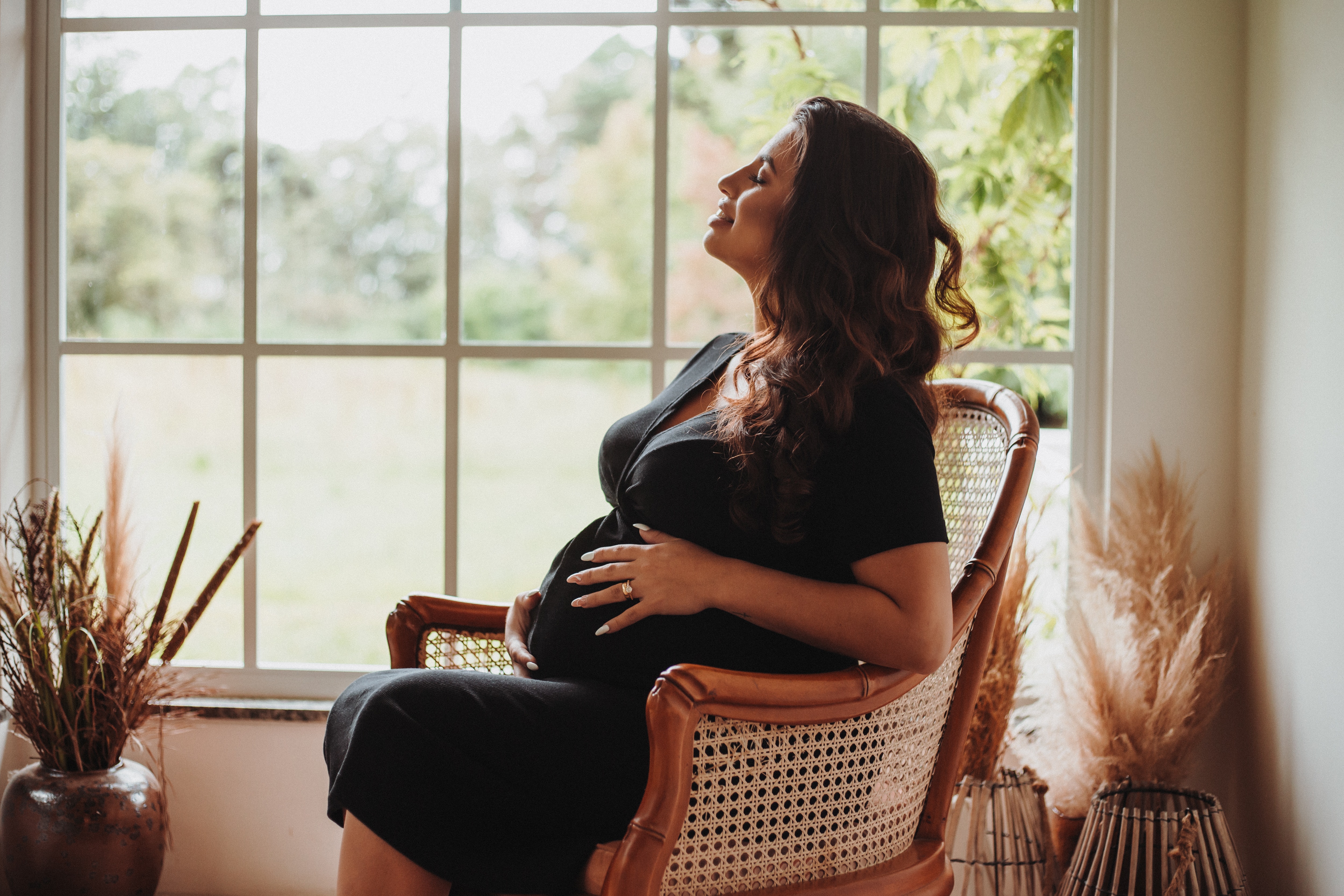All You Need Know Before Having Baby At 40

Pregnancy is a joyous and life-changing experience for many women, but for those over 40, it can also come with unique challenges and considerations. As more and more women are choosing to start families later in life, there has been a growing interest in the topic of pregnancy after 40.
While the idea of having a baby in your 40s may seem daunting, the truth is that many women go on to have healthy pregnancies and babies well into their 40s and even early 50s.
In this blog, we will cover all you need to know about pregnancy after 40, including the risks, benefits, and everything in between, so you can make informed decisions about your reproductive future.
Factors Affecting Fertility After 40
Pregnancy complications and risks increase with age. And if you are planning to have a baby around your 40s, it is best to understand what factors influence fertility in this age. Here are some of the essential factors, have a look-
The natural decline in fertility with age
Women are born with a finite number of eggs, and as they age, the quantity and quality of eggs decline. This decline becomes more pronounced after the age of 35 and can make it harder to conceive.
Decrease in the quantity and quality of eggs
As women age, the number of eggs in their ovaries decreases, and the remaining eggs may not be as healthy as those in younger women. This can lead to a decline in the chances of conception and an increased risk of chromosomal abnormalities in the developing foetus.
Underlying health conditions
Women over 40 are more likely to have underlying health conditions that can interfere with their ability to conceive. These can include conditions such as endometriosis, uterine fibroids, or polycystic ovary syndrome (PCOS), which can impact fertility by interfering with ovulation or implantation.
Lifestyle factors
Certain lifestyle factors can impact fertility, and women over 40 may be more likely to engage in these behaviours. Smoking, for example, can damage the ovaries and lead to a decline in fertility. Alcohol consumption and being overweight can also impact fertility by disrupting hormone levels and interfering with ovulation.
Age-related changes in the reproductive system
As women age, the reproductive system undergoes changes that can make it more difficult for a fertilized egg to implant and develop into a healthy pregnancy. The uterus may become less receptive to implantation, for example, and the cervix may produce less fertile cervical mucus.
Medical conditions
Women over 40 may be more likely to have medical conditions that impact fertility, such as thyroid disorders, diabetes, or high blood pressure. These conditions can interfere with ovulation, implantation, or pregnancy and may require treatment to optimize fertility.

Pregnancy Risks After 40
Pregnancy after the age of 40 is known as advanced maternal age (AMA) pregnancy. It is associated with several increased risks and complications for both the mother and the baby. Here are some of the pregnancy risks after 40 in detail:
Infertility
Fertility declines as a woman ages and the chances of getting pregnant naturally decrease after the age of 35. Women over 40 may experience difficulty conceiving and may need fertility treatments to become pregnant.
Miscarriage
The risk of miscarriage increases with age, and women over 40 have a higher risk of losing the pregnancy in the first trimester.
Genetic abnormalities
The risk of chromosomal abnormalities in the baby increases as a woman gets older. The risk of Down syndrome, for example, is about 1 in 1,000 at age 30, but it increases to 1 in 100 by age 40.
Gestational diabetes
Women over 40 are at higher risk of developing gestational diabetes, a condition that affects blood sugar levels during pregnancy.
High blood pressure
Pregnancy after 40 can increase the risk of developing high blood pressure or preeclampsia, a condition that can be life-threatening for both the mother and the baby.
Placenta previa
The risk of placenta previa, a condition where the placenta covers the cervix, is higher in women over 40. This can cause bleeding during pregnancy and delivery, and may require a caesarean delivery.
Preterm labour
Women over 40 have a higher risk of delivering prematurely, which can cause complications for the baby.
Multiple pregnancies
The chances of having twins or other multiples increase with age, especially if fertility treatments are used.
C-section delivery
Women over 40 are more likely to have a caesarean delivery, which carries its own risks and complications.
Maternal health
Pregnancy after 40 can be more physically demanding and may exacerbate pre-existing health conditions, such as high blood pressure, diabetes, and heart disease.
It is important for women over 40 who are considering pregnancy to discuss these risks with their healthcare provider and to receive appropriate prenatal care to help minimize these risks.

What Are the Chances of Getting Pregnant After 40?
As a woman gets older, her fertility naturally declines due to a decrease in the number and quality of eggs in her ovaries. As a result, the chances of getting pregnant after 40 are lower compared to a younger age. According to fertility experts, the probability of a woman conceiving naturally in her 40s is around 5% each month, compared to 20-25% in her 20s.
However, with the help of assisted reproductive technologies, such as in vitro fertilization (IVF), the chances of becoming pregnant can improve. It's important to note that pregnancy risks, such as miscarriage and chromosomal abnormalities, increase as a woman ages, so it's essential to speak with a healthcare provider about the best options for conceiving and having a healthy pregnancy at an older age.
Assisted Reproductive Technologies for Women Over 40
Assisted reproductive technologies (ART) can help women over 40 who are experiencing difficulty conceiving. These techniques can increase the chances of pregnancy, but they also carry their own risks and complications, hence consider talking to an OB-GYN before making a decision. Here are some of the ART options available for women over 40:
In vitro fertilization (IVF)
IVF involves fertilizing an egg outside the body and then transferring the embryo to the uterus. IVF can be used with a woman's own eggs or with donor eggs, depending on the individual situation.
Intracytoplasmic sperm injection (ICSI)
ICSI is a type of IVF that involves injecting a single sperm into an egg. This technique can help overcome male infertility or low sperm count.
Donor eggs
Women over 40 may have a higher risk of chromosomal abnormalities and other fertility issues, so donor eggs can be used to improve the chances of pregnancy. Donor eggs can come from a known or anonymous donor.
Donor embryos
Donor embryos can be used in cases where both partners have fertility issues or when the woman's own eggs are not viable. Donor embryos can come from a known or anonymous donor.
Surrogacy
Surrogacy involves using a surrogate mother to carry the pregnancy to term. This technique can be used when the woman's uterus is not able to sustain a pregnancy or when other ART options have been unsuccessful.
Preimplantation genetic testing (PGT)
PGT involves testing embryos for chromosomal abnormalities or genetic disorders before implantation. This technique can help improve the chances of a successful pregnancy and reduce the risk of passing on genetic conditions.
Egg freezing
Egg freezing, or oocyte cryopreservation, involves harvesting and freezing a woman's eggs for future use. This technique can be used to preserve fertility for women who are not yet ready to conceive or who are undergoing medical treatments that may affect fertility.
Managing Pregnancy Risks: Tips for Women Over 40
Pregnancy after the age of 40 is associated with increased risks and complications. Still, there are steps women can take to manage these risks and improve their chances of having a healthy pregnancy. Here are some tips for managing pregnancy risks for women over 40 in detail:
Seek preconception care
Before trying to conceive, seeing a healthcare provider for preconception care is important. This can include testing for any pre-existing medical conditions and receiving advice on nutrition, exercise, and prenatal supplements.
Maintain a healthy lifestyle
Eating a healthy diet, staying physically active, and avoiding smoking, alcohol, and drugs can help reduce the risk of complications during pregnancy.
Monitor blood sugar levels
Women over 40 are at higher risk of gestational diabetes, so monitoring blood sugar levels and following a healthy diet and exercise plan can help manage this condition.
Monitor blood pressure
High blood pressure can lead to preeclampsia, which can be life-threatening for both the mother and the baby. Women over 40 should have their blood pressure checked regularly and follow their healthcare provider's advice on managing high blood pressure.
Attend all prenatal appointments
Regular prenatal care is essential for monitoring the health of the mother and the baby and identifying any potential complications early on.
Consider genetic testing
Women over 40 have a higher risk of having a baby with chromosomal abnormalities, so they may want to consider genetic testing, such as non-invasive prenatal testing (NIPT), to assess the risk of these conditions.
Prepare for a possible c-section
Women over 40 are more likely to have a c-section delivery, so it is important to discuss this possibility with their healthcare provider and prepare accordingly.
Seek support
Pregnancy after 40 can be emotionally and physically challenging, so it is important to seek support from family, friends, or a healthcare provider if needed.
Know the warning signs
Women over 40 should be aware of the warning signs of complications during pregnancy, such as vaginal bleeding, severe headaches, or decreased foetal movement, and seek medical attention if these occur.
Take care of your mental health
Pregnancy after 40 can be stressful, so it is important to prioritize mental health and seek help if needed. This can include talking to a counsellor, practising relaxation techniques, or joining a support group.
In Conclusion
Despite the fact that getting pregnant naturally after the age of 40 is less likely than when you're younger, it is still possible with the aid of assisted reproductive technologies like IVF. Yet, it's critical to be aware of the possible risks associated with elder pregnancy, including a higher risk of chromosomal abnormalities and pregnancy problems.
As a result, consulting a healthcare expert and going over your options is essential. Many women over 40 can conceive and have healthy pregnancies and kids with the correct help and direction.
Leave a Comment
Blogs
Popular Posts
Get the latest from Newmi
Subscribe to get Email Updates!
Thanks for subscribe.
Your response has been recorded.
COPYRIGHT © 2025 KA HEALTHCARE PVT LTD - ALL RIGHTS RESERVED.
Disclaimer: NEWMI CARE does not cater to any medical/Pregnancy or psychiatric emergencies. If you are in a life-threatening situation, please do NOT use this site. If you are feeling suicidal, we recommend you call a suicide prevention helpline or go to your nearest hospital.

0 Comment